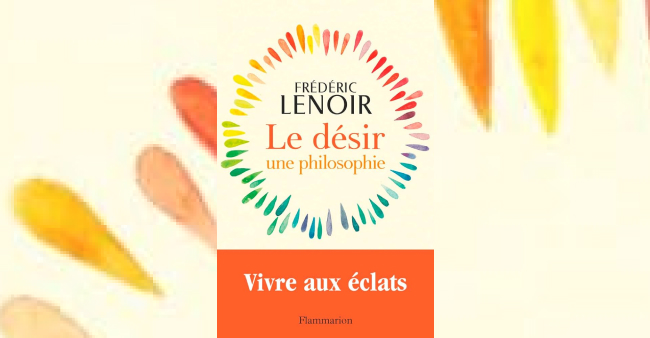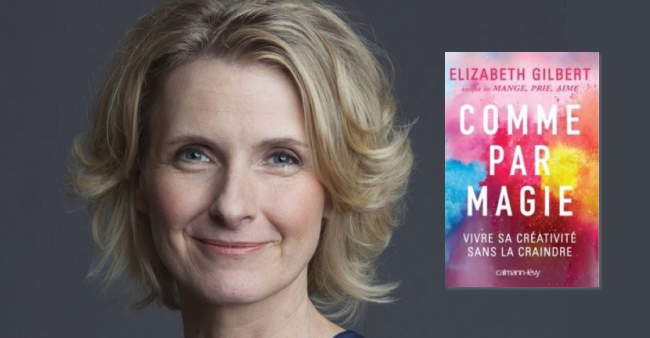How to turn desire into philosophy?

It’s quite a challenge to take a subject that some might find “light” and turn it into a philosophical object, inviting the reader to reconnect with the most beautiful part of his or her being. Frédéric Lenoir brilliantly meets this challenge in this stimulating book.
At first glance, devoting a philosophical book to desire may seem incongruous: what do the love of wisdom and the pursuit of pleasure have in common? In our consumerist society, however, the word desire has become almost totally confused with the baser pursuit of sex, goods, Instagrammable events and likes.
After a few developments on neural functioning to explain how our brains always want more (Lenoir quotes researcher Sébastien Bohler) and a reminder of desire as lack as theorized by Plato (everyone seeks their lost half: this is the theory of soul mates, set out in “Le Banquet”), Lenoir takes us on a journey towards powerful desire with, as the book’s climax, this quotation from Saint Albert Le Grand: “the more intensely the soul desires, the more it makes things active, and the result is similar to what it has wished for”. To this end, he follows in the footsteps of Baruch Spinoza and Carl Gustav Jung, to each of whom he has dedicated a book.
Lenoir invites us to direct our desires, rather than constantly repressing them. In other words, not to refuse material pleasures (they’re not bad if, like the Epicureans, we moderate our pursuit of them), but to desire something greater, something that gives meaning to our lives. Read or reread his “Petit traité de vie intérieur” to complete the reading of this one. The last part of the book offers a very interesting reminder of the three ways of naming love (eros, philia and agape), which will also help everyone to ask themselves the right questions about what to do next.
*****
Frédéric Lenoir “Le désir, une philosophie”, Editions Flammarion, Paris, 2022, 237 pages, 20 euros.

